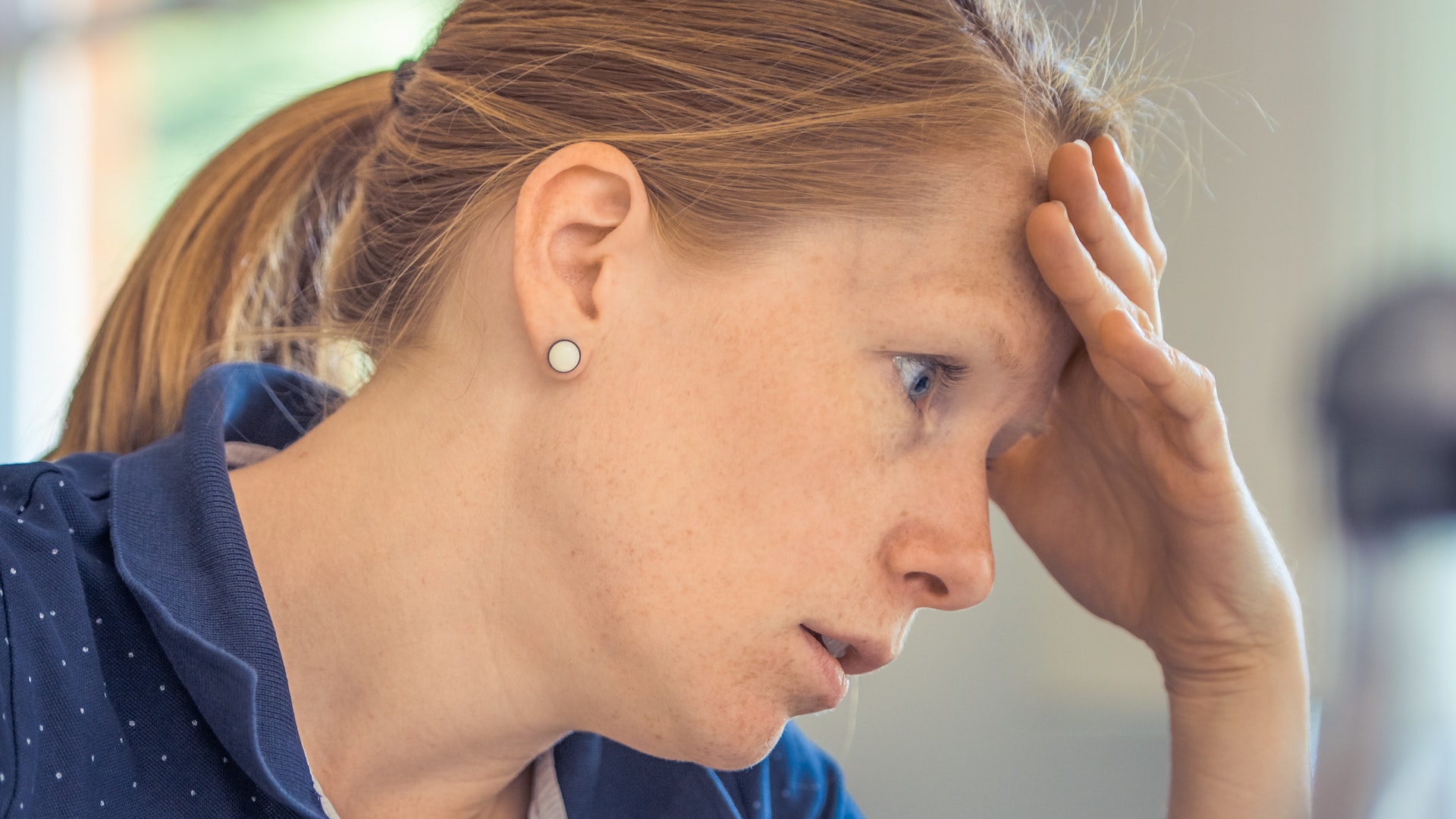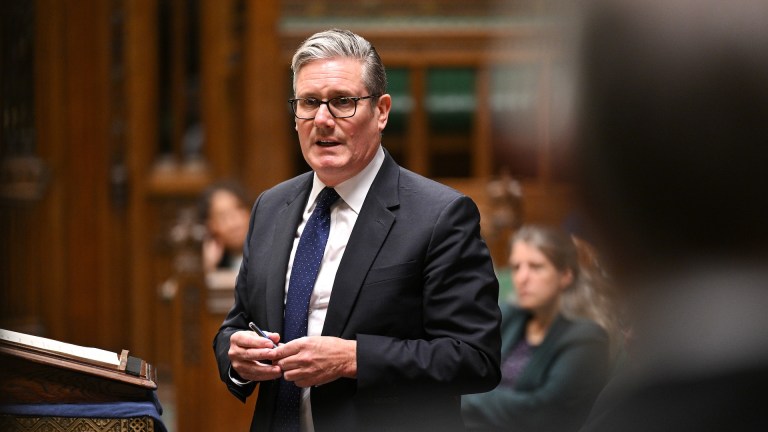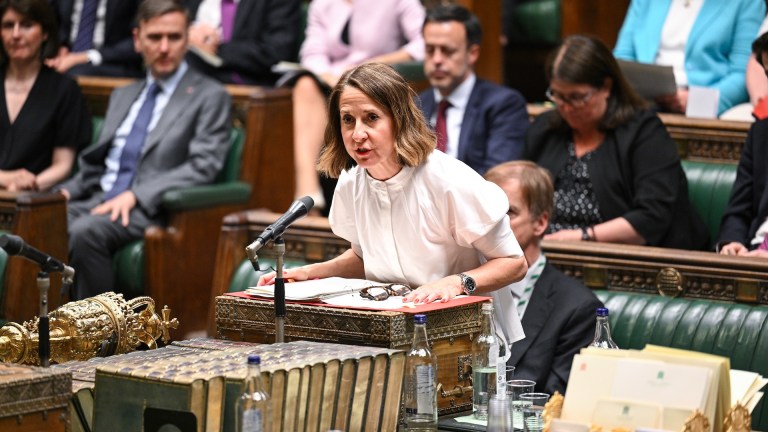Extra measures introduced as part of universal credit are putting “immense pressure” on parents claiming the benefit and pushing them deeper into stress and anxiety, new testimony reveals, as experts called for higher payments to prevent a mental illness boom.
“I’m a widowed parent of two primary aged children,” Aurora T, in London, told Universities of York and Birmingham research project Covid Realities.
“Our rent alone is over 95 per cent of our total benefits. I have not been able to find work which fits around the children’s school times. On top of it all, this month the government has taken money to pay for previous benefit overpayments (made when my late husband was dying).”
Aurora is one of more than 100 low-income parents and guardians who have been reporting their experiences of pandemic poverty to the researchers.
“Our situation is precarious, we struggle enormously and have done for many reasons,” Aurora, whose income is limited by the benefit cap, added. “I feel like an utter failure.”
The reintroduction of job-hunting requirements, deductions to pay back loans which covered a five-week wait for a first payment, and uncertainty around the £20-per-week increase set to be cut in September – combined with rising food, heating and school bills – were linked to parents falling into mental ill health, according to the report.










